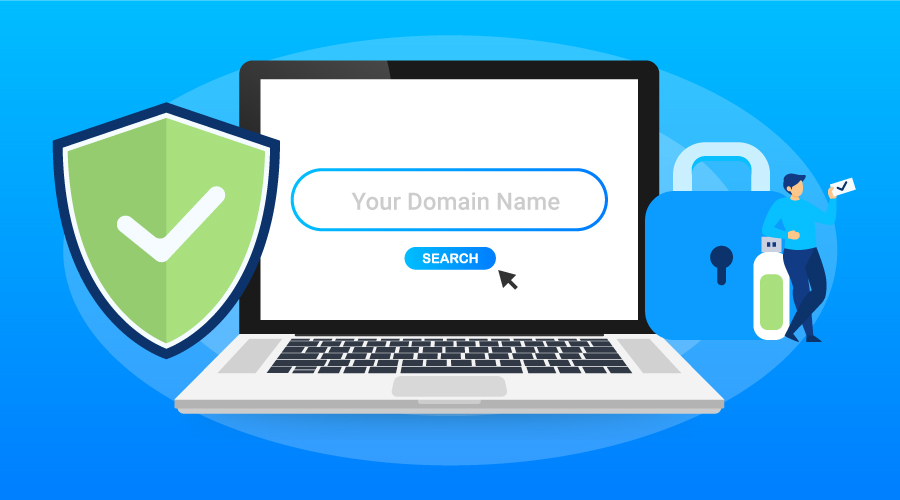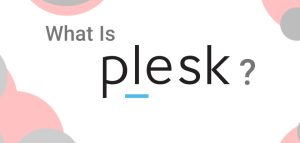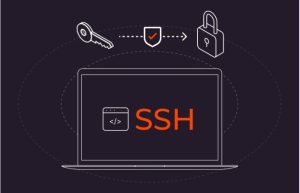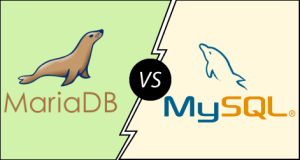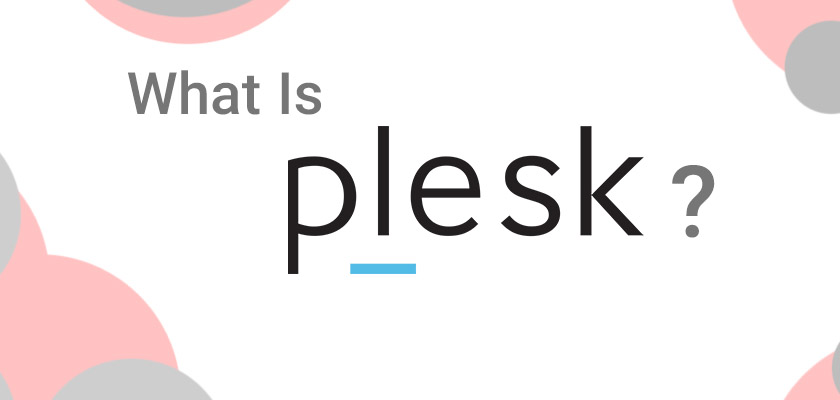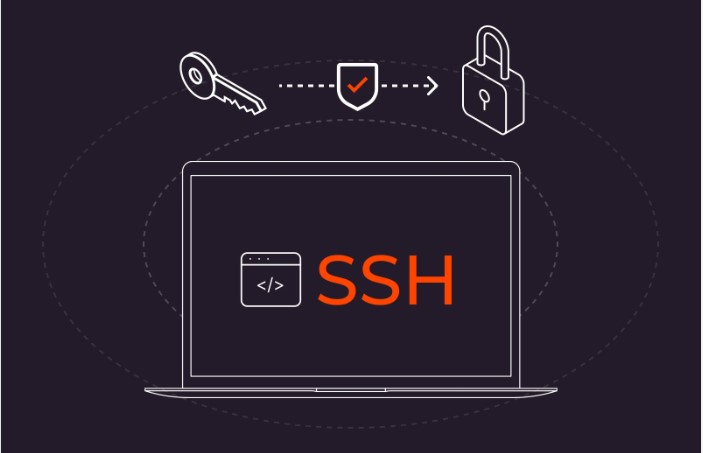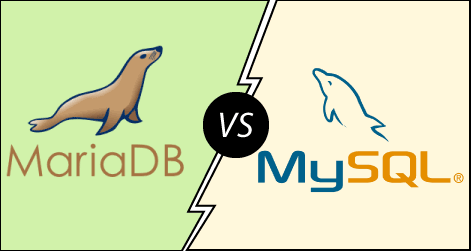What is domain privacy protection ?
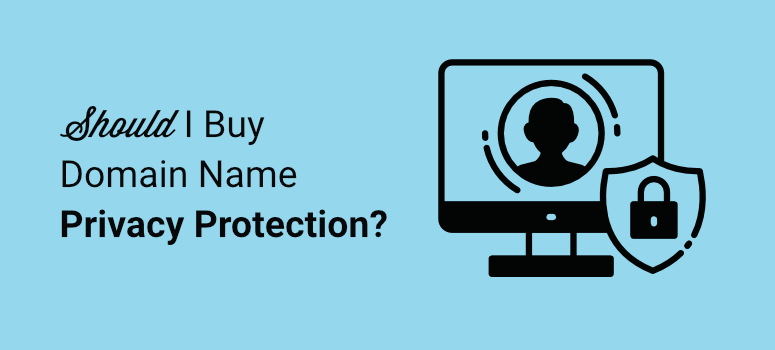
Domain privacy protection, often referred to as WHOIS privacy or privacy protection, is a service offered by domain registrars to mask or hide the domain registrant’s personal information from being publicly visible in the WHOIS database.
When you register a domain name, you are required to provide contact information such as your name, address, email, and phone number. This information is stored in the WHOIS database, which is publicly accessible. Without domain privacy protection, anyone can look up this information by performing a WHOIS lookup on your domain name.
Domain privacy protection replaces your personal contact information in the WHOIS database with the contact information of a privacy service provider or the registrar itself. This way, your personal details remain private and are not exposed to the public. Instead, inquiries are forwarded to you through a secure channel, protecting you from potential spam, unsolicited contact, identity theft, or other malicious activities.
It’s worth noting that domain privacy protection is typically offered as an optional service by domain registrars for an additional fee. It’s particularly recommended for individuals and businesses who wish to maintain their privacy and reduce the risk of their personal information being misused.
Why it is used ?
Domain privacy protection is used primarily for the following reasons:
Protecting Personal Information:
When you register a domain, your contact information (name, address, email, phone number) is typically required to be publicly accessible through the WHOIS database. Domain privacy protection hides this personal information by replacing it with the contact details of a privacy service or the registrar itself. This prevents your personal data from being harvested by spammers, marketers, or other malicious actors who might misuse it.
Preventing Spam and Unsolicited Contact:
Publicly accessible WHOIS information can be harvested by spammers and marketers to send unsolicited emails, phone calls, or physical mail. By opting for domain privacy protection, you reduce the likelihood of receiving such unwanted communications.
Avoiding Identity Theft and Fraud:
Exposing personal information through WHOIS can potentially lead to identity theft or fraud. Protecting your details with domain privacy helps mitigate this risk by keeping your personal information private.
Maintaining Anonymity:
Some individuals or businesses may prefer to keep their ownership of a domain private for various reasons, such as to avoid public scrutiny, maintain personal privacy, or protect their brand’s image.
Complying with Privacy Regulations:
In some jurisdictions, there are regulations regarding the protection of personal information. Domain privacy protection helps domain owners comply with these regulations by reducing the exposure of personal data.
Overall, domain privacy protection is used to enhance online security, maintain personal privacy, and reduce the risk of various forms of cyber threats and unwanted contact.
Is it mandatory to enable privacy protection for domain ?
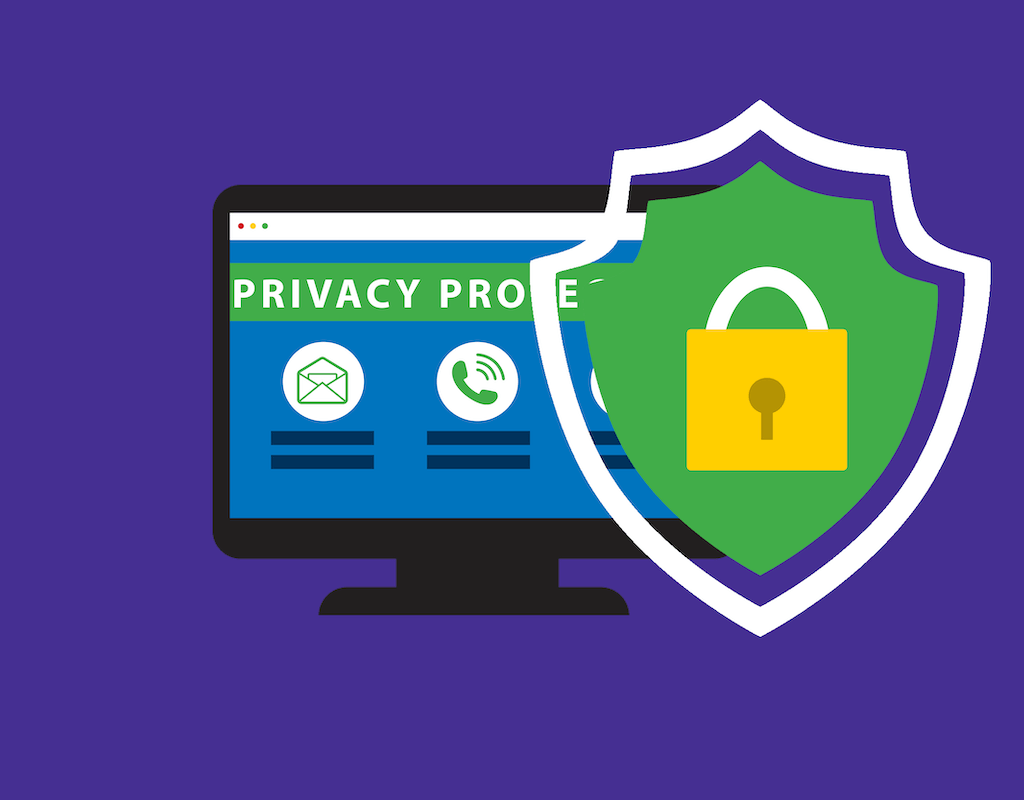
Domain privacy protection is not mandatory; it is optional. When you register a domain name, you are required to provide accurate contact information, including your name, address, email, and phone number. This information is stored in the WHOIS database, and historically, it has been publicly accessible.
However, many domain registrars offer domain privacy protection as an optional service for an additional fee. This service replaces your personal contact information in the public WHOIS database with alternative contact information provided by the registrar or a third-party privacy service. This way, your personal details remain private and are not publicly visible.
Whether you choose to purchase domain privacy protection depends on your preference for privacy and your specific circumstances. It is particularly recommended for individuals and businesses that wish to protect their personal information from being harvested by spammers or other malicious parties, as well as those who prefer to keep their domain ownership private for other reasons.
In summary, while domain privacy protection is not mandatory, it provides a layer of privacy and security for domain owners and is widely recommended for those concerned about protecting their personal information online.
